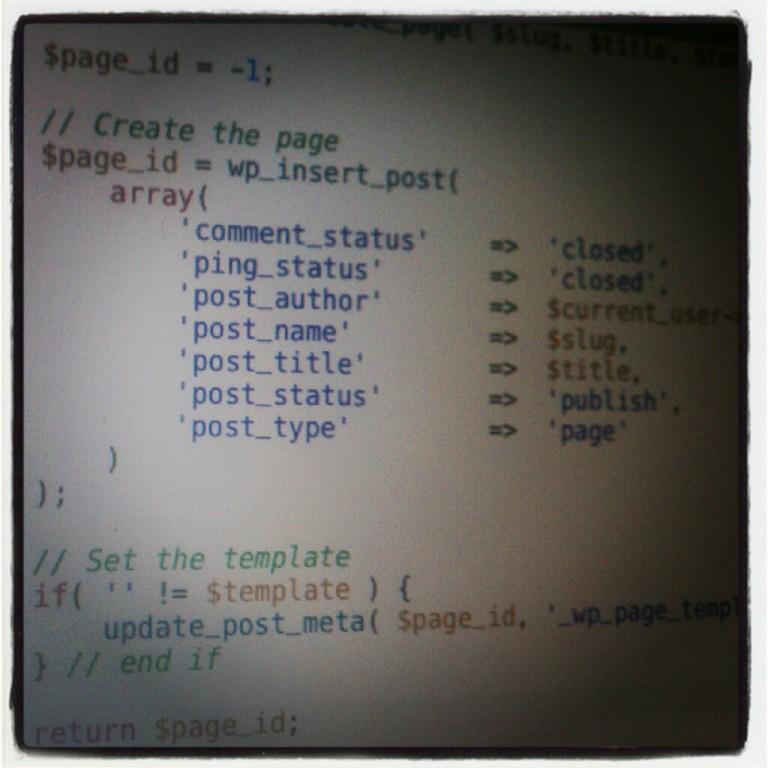In our fast-paced world, where distractions abound and the flood of information can feel overwhelming, the quest for sharper memory and enhanced concentration has never been more relevant. As students, professionals, and lifelong learners grapple with the demands of an ever-evolving landscape, a simple yet powerful ally often goes overlooked: physical exercise. Imagine your brain as a beautifully intricate garden, teeming with potential but in need of careful tending. Just as sunlight and water nurture plants, regular exercise serves as the vital nourishment that can awaken dormant cognitive abilities, fostering both memory and concentration. In this article, we will delve into the fascinating relationship between physical activity and brain function, exploring how incorporating movement into our daily routines can unlock the full potential of our minds, leading to more effective learning and personal growth. Join us on a journey that reimagines the path to knowledge, illuminated by the profound benefits of exercise.
Boosting Cognitive Performance through Physical Activity
Engaging in regular physical activity is more than just a pathway to physical health; it serves as a catalyst for cognitive enhancement. Research consistently shows that exercise boosts brain functions such as memory retention and focus. When you elevate your heart rate, your body increases the flow of blood—and, consequently, oxygen—to your brain, leading to improved cognitive abilities. **Benefits of exercise on cognitive performance include:**
- Increased Neurogenesis: Physical activity stimulates the production of new neurons, particularly in the hippocampus, a region vital for memory.
- Enhanced Mood: Exercise releases endorphins, which can reduce stress and anxiety, creating a mental environment conducive to better learning.
- Improved Focus: Regular workouts can heighten attention span and mental clarity, making it easier to concentrate on tasks.
Additionally, the type and frequency of exercise can play a significant role in maximizing these cognitive gains. Below is a table summarizing different exercise types and their cognitive benefits:
| Type of Exercise | Cognitive Benefits |
|---|---|
| Aerobic | Boosts memory and overall brain function |
| Strength Training | Enhances problem-solving skills |
| Mind-Body Practices | Improves focus and reduces anxiety |
Harnessing the Power of Movement for Enhanced Retention and Focus
Movement is not just a way to keep fit; it’s a potent tool for enhancing cognitive abilities. Engaging in physical activity stimulates blood flow to the brain, which can result in improved memory and focus. Here are some key advantages of integrating movement into your learning routine:
- Increased Neurotransmitter Levels: Physical activity boosts the production of neurotransmitters, such as dopamine and serotonin, which are crucial for memory and learning.
- Enhanced Brain-Derived Neurotrophic Factor (BDNF): Exercise promotes the release of BDNF, a protein that supports neuron growth and maintenance, keeping your brain agile.
- Reduction of Stress and Anxiety: Movement helps lower cortisol levels, alleviating stress which can impede cognitive functions.
- Improved Mood: Regular exercise leads to a positive mindset, making it easier to absorb and retain new information.
Consider the following table to illustrate some effective movement types and their specific benefits for cognitive functions:
| Type of Movement | Cognitive Benefits |
|---|---|
| Walking | Enhances creative thinking and problem-solving skills. |
| Yoga | Improves concentration and reduces stress levels. |
| Strength Training | Boosts memory retention and focus. |
| Dance | Stimulates brain activity due to rhythm and coordination. |
Integrating even short bouts of movement into your study sessions can be a game-changer, transforming your cognitive landscape and enhancing your ability to learn effectively.
The Conclusion
As we stand at the intersection of body and mind, it becomes increasingly clear that our physical health is intricately linked to our mental prowess. The relationship between exercise and cognitive function is a powerful reminder that to unlock our fullest potential, we need to engage both our muscles and our minds. Each step, each breath, and each drop of sweat works harmoniously to sharpen our memory, boost our concentration, and enhance our capacity to learn.
Embracing a regular exercise routine not only paves the way for improved mental clarity but also cultivates a fertile ground for new ideas and insights to flourish. As you embark on this journey, remember that the path to enhanced learning is not just paved with textbooks and lectures—it is also lined with the invigorating rhythm of movement and the empowering rush of endorphins.
So, lace up those sneakers and let the rhythm of your heart invigorate your thoughts. In the dance between physical vitality and cognitive strength, you’ll find the keys to unlocking a mind that thrives, learns, and grows. The adventure awaits—each workout is an opportunity to discover not only the strength in your body but also the brilliance in your mind.











Leave a Reply